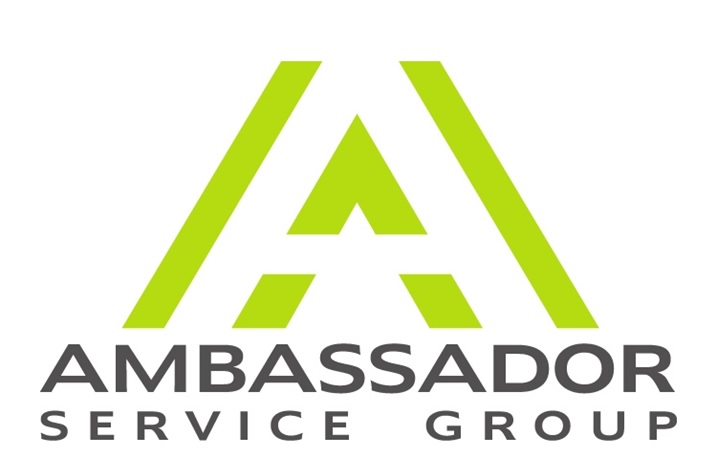… it is “suggested that interpreters need to explore the concepts of impartiality and transparency and find a “professional center,” which allows them to be accurate and ethical while being transparent and aware of “a complex dynamic that involves understanding themselves, the patient’s culture and the U.S. healthcare system”....
Globalization has created an even more diverse United States. Over the years interpretation in the work place has become increasingly more important. To find out the language trends you will see in your own state follow the link bellow.
http://www.thisisinsider.com/most-popular-second-languages-us-2018-1
"As the U.S. grows increasingly more linguistically and culturally diverse, some safety experts worry that healthcare providers too often are not making professional interpreter and translator services available to patients and families. Instead, they frequently rely on nonprofessionals, including patients' family members, who are not knowledgeable about medical terminology. This increases the risk of medication errors, wrong procedures, avoidable readmissions and other adverse events. Nearly 9% of the U.S. population is at risk for an adverse event because of language barriers, according to the Agency for Healthcare Research and Quality.
Most organizations advise against the use of a patient's family or friends, who can potentially do more harm than good. Bilingual clinical staffers also are discouraged from stepping in if they have not been certified as medical interpreters. But physicians and hospital staff often ignore these policies, typically because of time pressures, lack of knowledge about the availability of professional interpreters, or procedural difficulties in arranging for interpreters.
In a report published in May in the Journal for Healthcare Quality, hospital quality and safety leaders, nursing staff and interpreters recounted problems that arose when staffers tried to do without, often because they felt the wait for a professional interpreter would delay needed care. The report found that medication errors and lack of informed consent were more common among patients with language barriers."
For more of this article please follow the link bellow.
http://www.modernhealthcare.com/article/20140830/MAGAZINE/308309945


